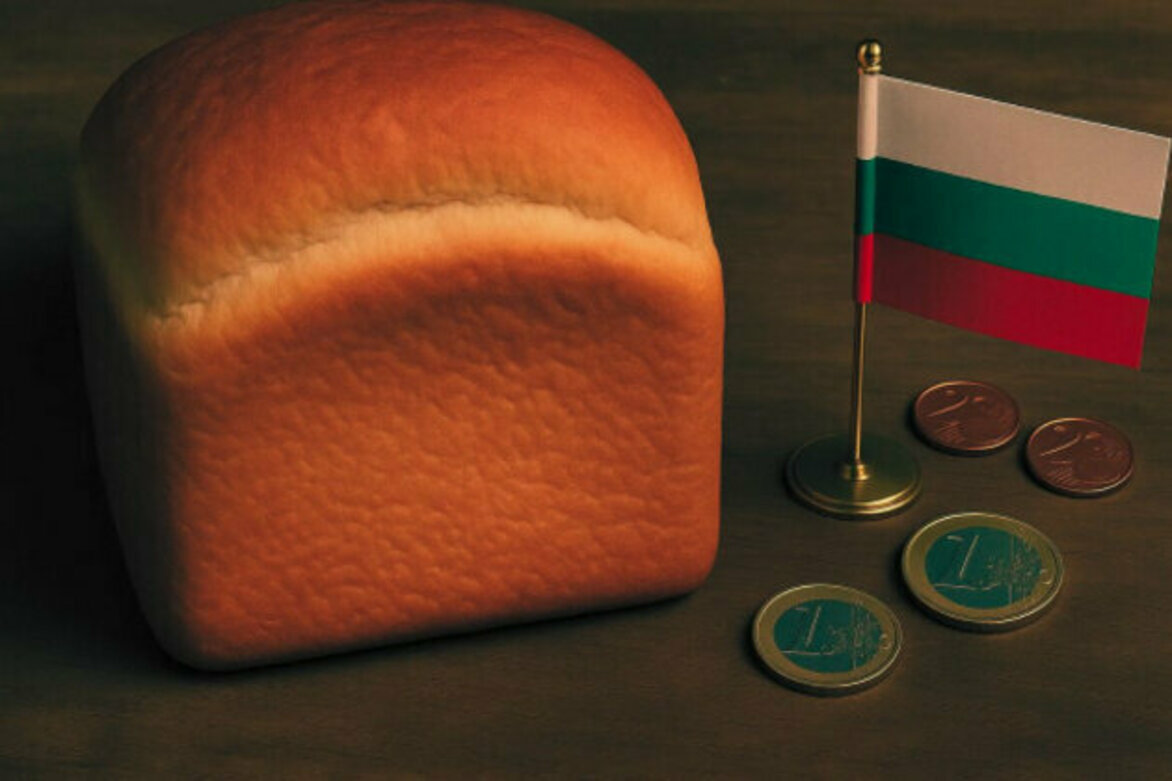Euro vs. Leva: Can Bulgarians Afford More Bread After the Switch
Novinite.com
08 Jun 2025

A recent Facebook post by Stanish Rangelov, head of the "Property and Risk Insurance" department, offered a straightforward calculation meant to illustrate the possible effect of euro adoption on the purchasing power of Bulgarians - using the price of bread as a benchmark.
Taking an average loaf of bread, priced at 3.00 leva - not the cheapest, nor the most expensive - Rangelov divides this amount by the fixed conversion rate of 1.95583 leva per euro. The result: one loaf would cost 1.53387 euros, which he rounds to a more consumer-friendly 1.53 euros.
To put the math into perspective, he compares the bread-buying power of someone earning the minimum wage. Currently, Bulgaria's minimum gross salary stands at 1,077 leva. For a person born after 1960 and classified under the third labor category, the net monthly income would amount to 835.74 leva after taxes and deductions - excluding any bonuses like seniority or overtime. Converted into euros, that monthly income equals 427.31 euros.
From there, the bread comparison continues. At 835.74 leva and a loaf price of 3.00 leva, a person can afford to buy 278.58 loaves per month. On the other hand, with 427.31 euros and a loaf price of 1.53 euros, the number of loaves rises slightly to 279.28.
The conclusion? If prices are rounded fairly and conversions follow the official guidelines, Bulgarians could afford nearly half a loaf more per month than before.
However, there's a crucial caveat. This gain depends entirely on proper conversion and responsible pricing. As noted in an editorial disclaimer, if businesses round prices up instead of down - say, converting 3.00 leva directly into 1.60 euros instead of 1.53?the advantage could disappear entirely, and actual purchasing power may decline.
